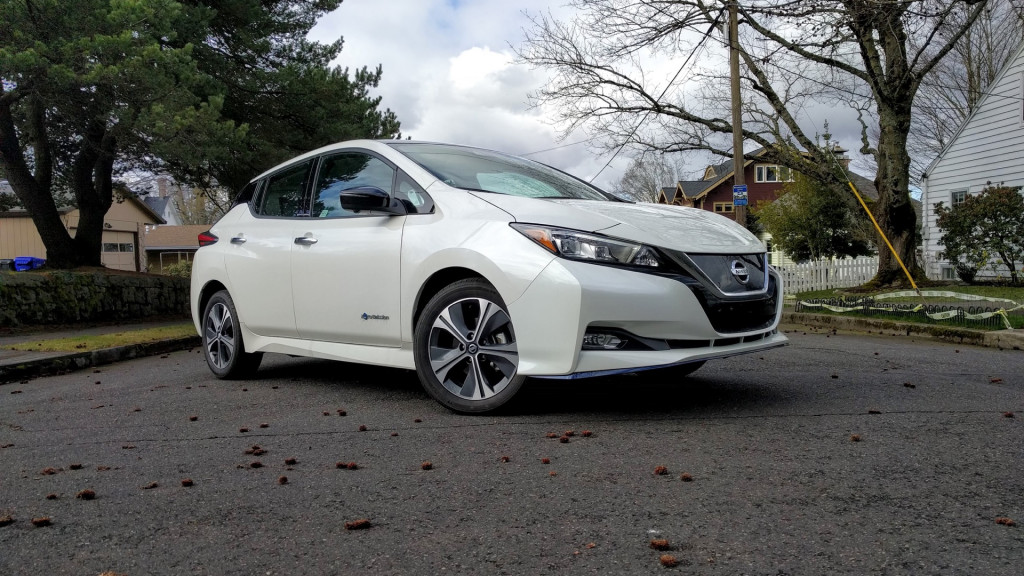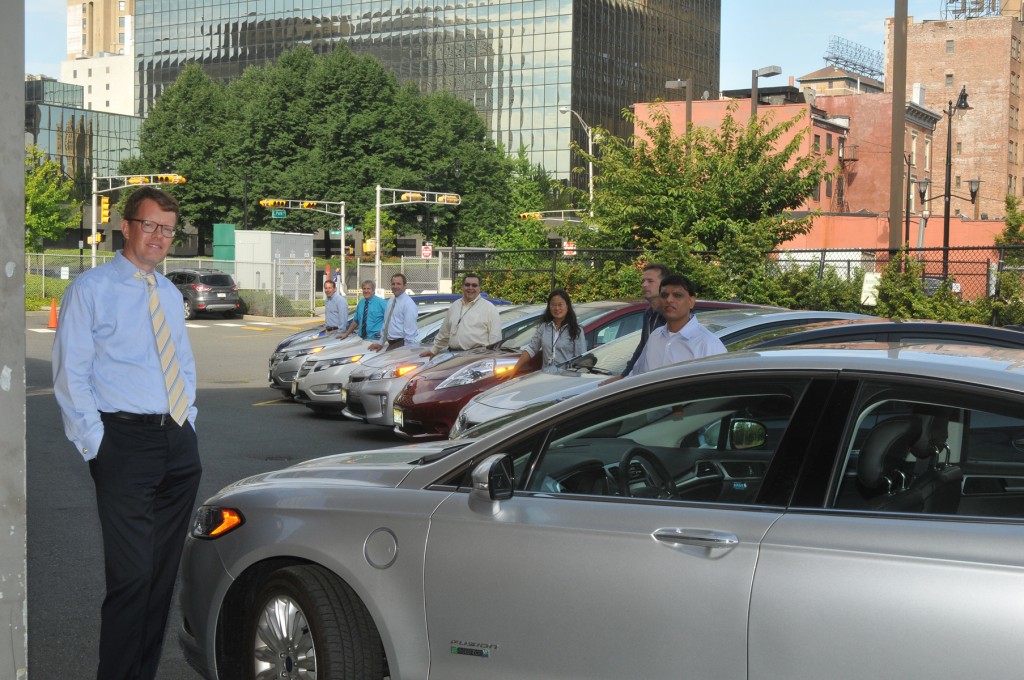New Jersey made a big move last week to back up its Garden State motto, with one of the greenest state plans for encouraging electric vehicles in the nation.
The legislation, passed last Monday and then signed by New Jersey governor Phil Murphy on Friday,
Under it, a state program, which takes effect immediately, allocates $300 million over 10 years and will start offering those who buy electric vehicles up to a $5,000 cash-on-the-hood rebate.
The most controversial move within the law may well be how it allocates that rebate. For the first year it’s offered, the amount of the incentive “shall be equal to $25 per mile of EPA-rated electric-only range up to a maximum of $5,000 per eligible vehicle,” according to the legislation.

2019 Nissan Leaf Plus - Driven, March 2019
That might provide the best incentive and value to vehicles with a range just at 200 miles or more, while those models providing somewhat less would be at a disadvantage. The Nissan Leaf Plus, for instance, would get $5,000, while the standard Leaf would get $3,725.
It includes plug-in hybrids in the program, but only through December 31, 2022.
The legislation also creates a 10-year incentive program for in-home electric vehicle supply equipment (EVSE), of up to $500 per person, under parameters yet to be determined.

Summit, New Jersey, train station by Flickr user Doug Kerr (Used under CC License)
The new legislation requires the state’s transit system, NJ Transit, to phase in the purchasing of electric buses, and to buy only zero-emission buses after 2032. It also reserves 20% of the program’s total amount to support programs aimed at reducing electricity demand or costs to consumers in low- to moderate-income areas. And it calls for installing another 1,400 charge points, including 400 DC fast chargers—150-kw “where feasible”—to fill out a state-wide fast-charging network.
Another ambitious part of the law is that it sets new standards for charging at multi-family residential housing and at “franchised overnight lodging establishments,” which from the sound of it and the wording might possibly include AirBnB.
Greening the Garden State is part of it—no joke. Ten percent of the total funding is allocated toward “supporting programs that enhance the stewardship and restoration of the State’s forests and tidal marshes that provide important opportunities to sequester or reduce greenhouse gases.”

Plug-in electric cars at PSE+G facility in Newark, New Jersey
With the legislation, New Jersey aims to make at least 330,000 of its light-duty vehicles electric by the end of 2025 and at least 2 million of them electric by the end of 2035—and 85% of leased vehicles all-electric by 2040.
The state has an uphill climb to get to those numbers. According to the Alliance of Automobile Manufacturers, fully electric vehicles made up just 12,106 total registrations in the state, as of the end of 2018, with EVs making up less than 1% of sales in 2018 versus nearly 5% then in California—and well over 5% in 2019.













